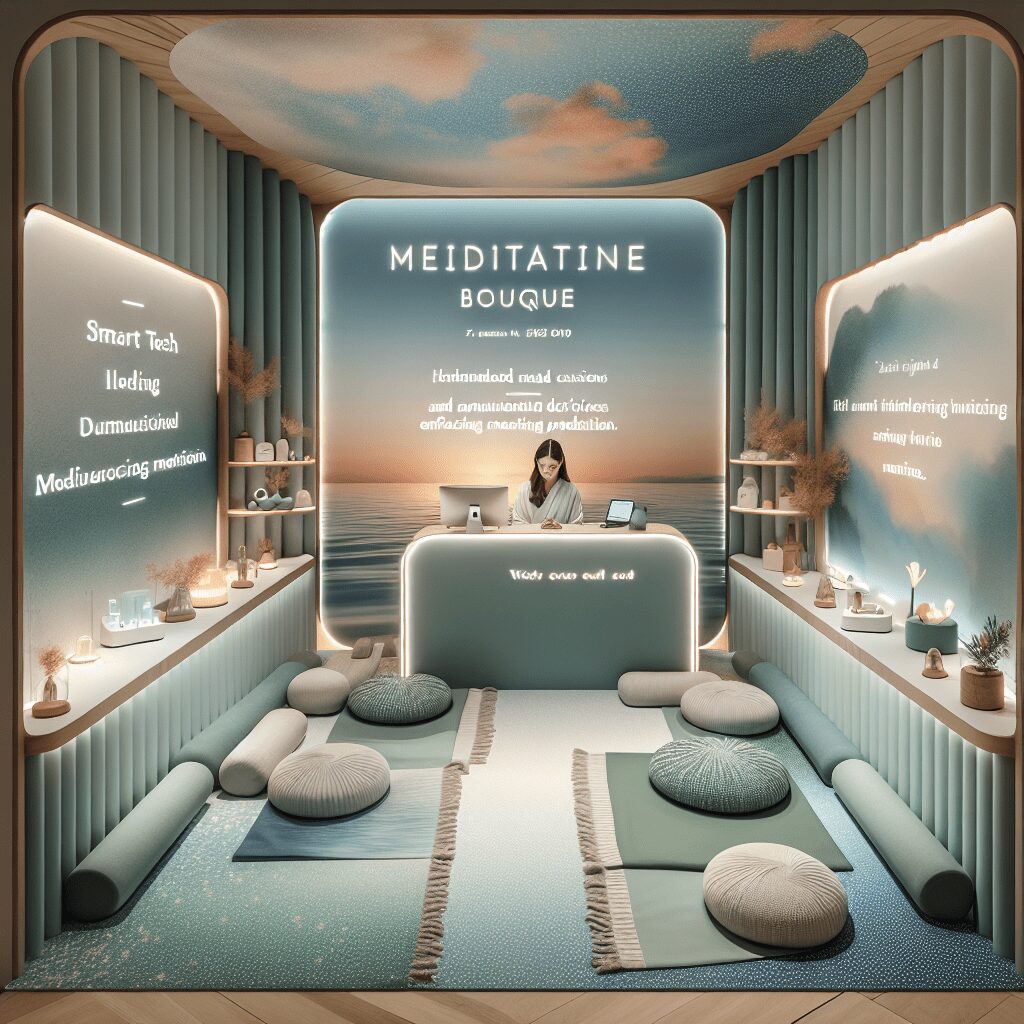
Prioritize your mental well-being daily. Enhance your life by nurturing your mental health with the Smart Meditation app. Break free from stress, alleviate anxiety, and enhance your sleep quality starting today.
How Academe Breeds Anxiety?
Unraveling the Labyrinth: The Hidden Triggers of Anxiety in Academia
Delving Into the Heart of the Matter
In the hallowed halls of academia, where the pursuit of knowledge reigns supreme, a less spoken-about phenomenon often shadows the academic journey – anxiety. Far from the tranquil pursuit of wisdom it’s often portrayed as, the academic experience can sometimes feel like navigating a labyrinth, fraught with pressures that can trigger anxiety even in the most steadfast scholars. Here, we’ll explore some of these hidden triggers and shed light on how they contribute to creating a pressure-cooker environment.
The Culture of Perpetual Competition
One of academia’s open secrets is the relentless competition that underpins it. From the race to secure scholarships and research grants to the quest for publishing in prestigious journals, competition is the name of the game. This ever-present rivalry isn’t just about pushing the boundaries of human knowledge; it’s often tied to securing positions, funding, and recognition. The unyielding demand to outperform not only cultivates a fertile ground for anxiety but also perpetuates a cycle where only the fittest, so to speak, survive.
Heavy Workloads and the Quest for Perfection
Academia’s demands aren’t limited to competition. The workload, characterized by a never-ending stream of assignments, publications, and research, can be daunting. Whether it’s undergrads burning the midnight oil to meet assignment deadlines or researchers laboring over grant applications, the workload is incessant. Coupled with the academic ivory tower’s obsession with perfection, this workload can lead to anxiety. The pressure to produce work that’s not just good but ground-breaking can leave even the most diligent scholar feeling inadequate.
Navigating the Path Forward: Strategies for Mitigation
Understanding the triggers is half the battle. However, acknowledging them without proposing solutions would be akin to diagnosing an ailment without prescribing a remedy. Here’s how academia – and those within it – can combat these anxiety triggers:
Fostering a Collaborative Atmosphere
Shifting from a mindset of competition to one of collaboration can significantly alleviate anxiety. Encouraging collaborative projects, fostering a community where sharing knowledge and resources is the norm, and creating networks of support can transform the academic experience. This approach not only enriches the learning and research process but also dampens the cutthroat competition that fuels anxiety.
Balancing Act: Workload Management and the Pursuit of Excellence
Finding balance is key. Institutions can implement policies that recognize the importance of mental health and work-life balance. Introducing flexible deadlines, providing support for time management, and acknowledging the quality of work over the quantity can create a healthier academic environment. On a personal level, scholars can adopt time management techniques, set realistic goals, and learn to recognize when perfectionism is hindering rather than helping.
The academic journey doesn’t have to be a Herculean trial. By recognizing the triggers of anxiety and actively working towards mitigating them, both individuals and institutions can pave the way for a more fulfilling and less stressful academic experience. After all, the ultimate goal of academia should be to foster a love of learning and discovery, not a battleground for survival. Let’s turn the page on anxiety and open up a new chapter where curiosity, collaboration, and well-being lead the way.





